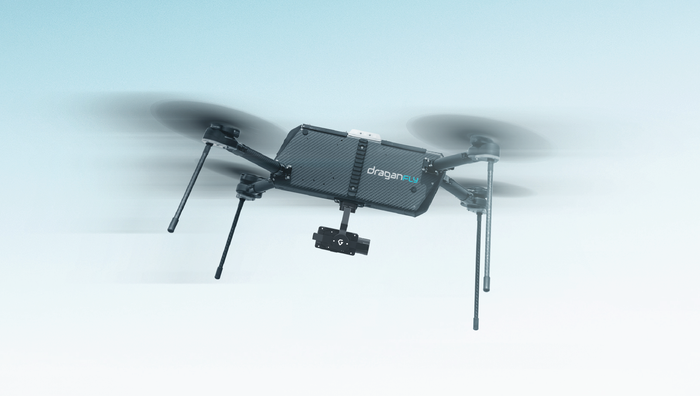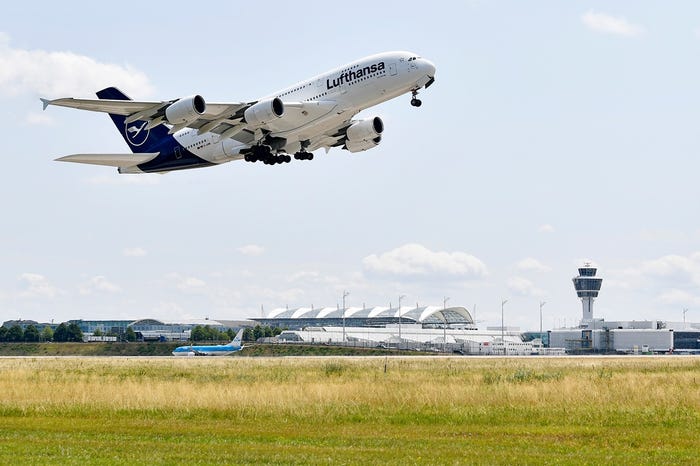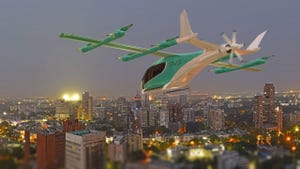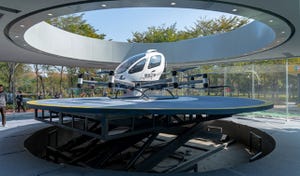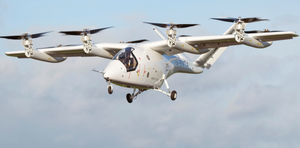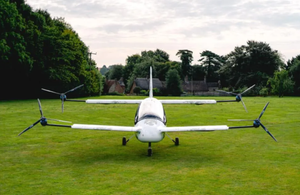Canada Advances Drone Traffic Management System TrialsCanada Advances Drone Traffic Management System Trials
Trials will explore needs of commercial-drone traffic control in suburban areas

Canada’s aviation authority, Transport Canada and the country’s air navigation service provider, Nav Canada, have moved on to the phase 2 trial of remotely piloted aircraft systems (RPAS) traffic management (RTM).
This second phase of trials will be conducted by a consortium of players in the unmanned aerial vehicle (UAV) industry led by Aerovision Canada Inc. and principal partners ANRA Technologies and ClearSky Connect. It seeks to build on the first phase of trials, which ended in 2022 and provided insights and observations on controlling drone traffic.
“As advancements in drone technology continue to redefine aviation, air-traffic management must also evolve for the safe and successful integration of RPAS into Canadian airspace,” said Ryan Coates, executive director of the RPAS Task Force at Transport Canada. “Continued collaboration between industry, [Nav Canada] and government will help us understand the capabilities and limitations of state-of-the-art technologies and provide vital information for developing sound safety rules and regulations.”
Phase 2 will seek to determine the requirements for providing commercial-drone traffic management in suburban environments. AeroVision will provide the aircraft and conduct trial operations in the Halifax, Canada, area with a variety of use cases, including drone-package delivery while using RTM services.
“We assembled a team that will provide technologies to advance the development of performance and safety assurance requirements identified in the Transport Canada and Nav Canada Concept of Operations,” AeroVision Canada CEO Trevor Bergman said. “Our team will deliver services that are key to establishing an RTM system for Canada, starting in the Halifax region, and has the support of local government.”
The trial aims to prove the theoretical concepts that will underpin a future RTM system in Canada, which has long shown interest in the possibilities of UAV use.
ANRA Technologies, which has experience providing UAV and urban air mobility traffic management services in a variety of markets, will be the lead RTM service provider in the trials. Last month, the firm announced its participation in a similar initiative in the United States: the North Texas Shared Airspace Implementation in Dallas, a hotbed of commercial drone activity in the U.S.
The project, in conjunction with the Federal Aviation Agency, NASA and seven drone-delivery companies, aims to build a framework for the digital coordination of intended drone flight paths among operators working in a shared airspace. This deconfliction of drone operations will be critical as their commercial use becomes more widespread.
“ANRA was there at the beginning when RPAS traffic-management research started in 2015. Today, we are finally seeing the first indications of a move towards commercialization,” ANRA founder and CEO Amit Ganjoo said.
About the Author
You May Also Like



